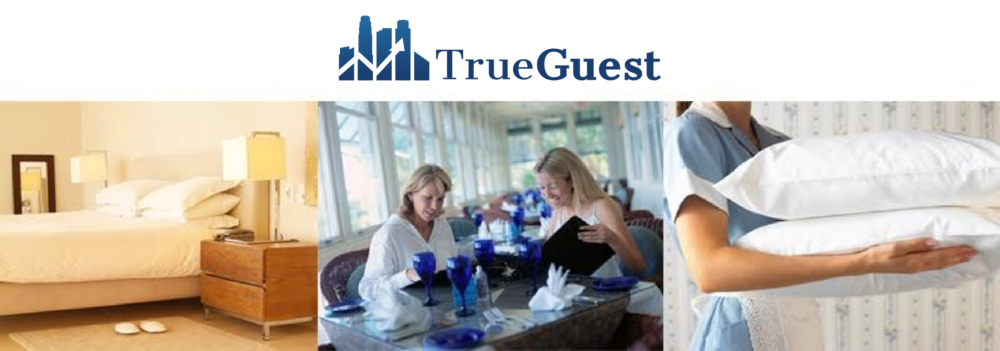One of the biggest areas of struggle during our Service Experience Audits is the use of the guest name. The use of the guest name is one of the most important tools you have to build loyalty with your guests. Rather than providing your associates with general instructions such as ‘use the guest’s name during every interaction’, focus on the key areas of when the name should be used. Our method is simple but very effective.
Use the guest’s name once to open the conversation and once to close the conversation.
By doing this, it will become second nature to your associates. They won’t even have to think about using the guest’s name. They will just do it.
Here are some examples for a few departments on how to use the guest name:
Phone Calls: As soon as the phone rings, the PBX operator should pull up the guest’s information on the computer and get ready to use the name. The PBX operator should immediately greet the guest by name. After handling the call, the operator should end the call by using the guest name.
Check In & Check Out: As soon as the guest gives the name or room number, the GSA should immediately use the name once. The GSA should close the conversation with “have a great stay, Mr. Smith.”
In Room Dining: The server should double check the name just prior to knocking on the door. Once the analyst opens the door and invites them in, the server should greet the guest by name. Then once the guest signs the check, the server should thank the analyst by name on their way out of the room.
Housekeeping & Engineering: The associates should double check the name just prior to knocking on the door. Once the analyst opens the door and invites them in, the server should greet the guest by name. To close the conversation, the associate should say something like “enjoy the rest of your stay, Mr. Smith.”
The real key to the successful use of the guest name is repetition. If you require all associates to use the name once during the greeting and once during the closing it is very easy to monitor and it won’t be long until everyone on your team is using guest names.
